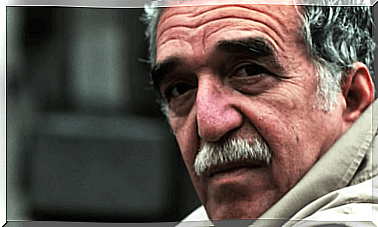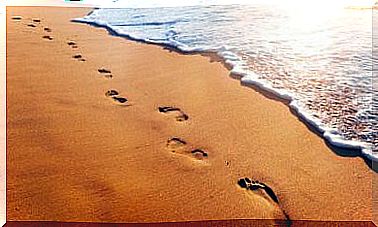Humboldt, An Explorer Without Limits
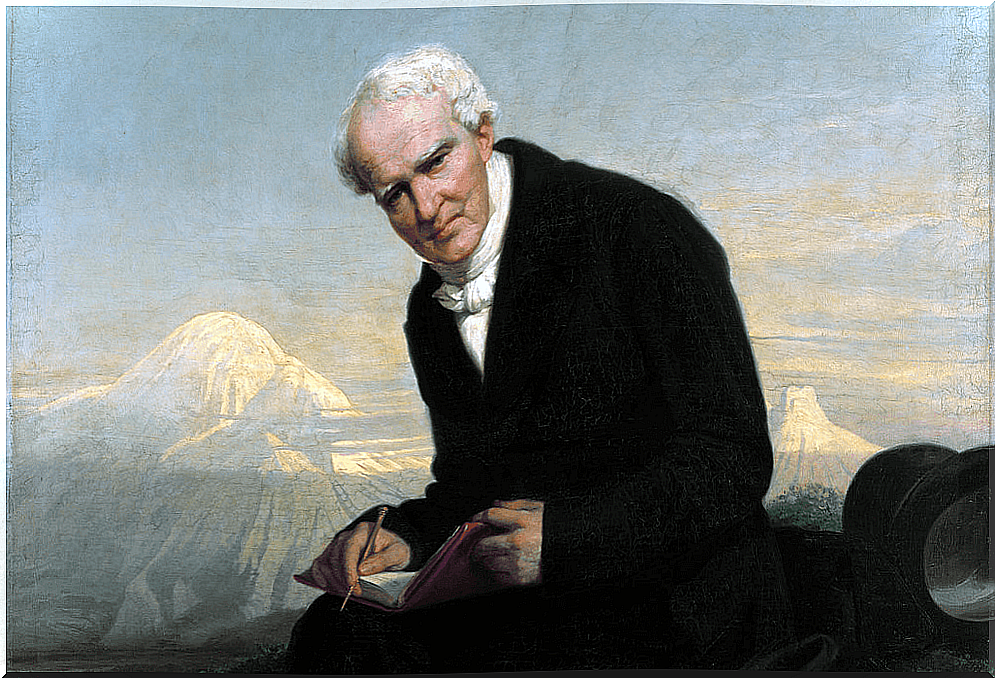
Humboldt is a character of immense importance to modern science. According to researchers from very diverse areas of knowledge, Humboldt is the last great scholar, as were some of the great scholars of history such as Leonardo Da Vinci.
Alexander von Humboldt was a scientist of Prussian origin (present-day Germany). Alexander dedicated his life mainly to geology and biology.
Their scientific conclusions led to many incredible discoveries. Atmospheric and magnetic measurements made on their travels allowed other scientists to discover the Earth’s magnetic field.
Humboldt was a faithful defender of nature, one of his greatest concerns was the possibility that the human species would destroy natural life due to deforestation. How could a scientist observe this problem almost 200 years ago?
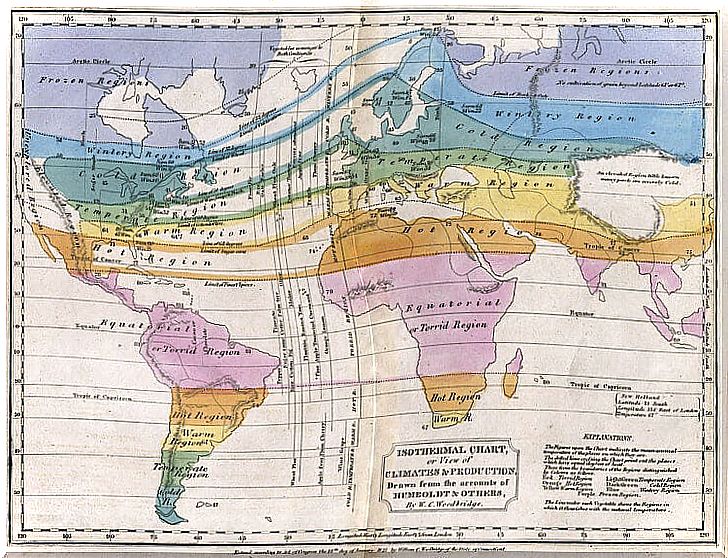
An explorer is born an explorer
Alexander was always a restless boy with a curious mind. Eager for knowledge, he spent much of his childhood exploring the gardens and wildlife on his property. From a very young age, he collected plants to study carefully and animals to adopt as pets.
Alexander and his brother Wilhelm were home schooled under the supervision of various tutors. His mother, a strict and religious woman, decided that her children should dedicate themselves to public life. Thus, the Humboldt children studied mathematics and literature, as was common at the time, in addition to political history and economics.
Unfortunately for his mother, Alexander never adjusted well to the rigors of traditional study. After trying to study in several universities and leaving them all in less than a year, an incredible opportunity presented itself in Humboldt’s life, he was able to study Geology while working in a mine supervising the works.
However, the future of Alexander von Humboldt was not limited to the copper mines and was much further afield, although, at that time, he did not even suspect it.
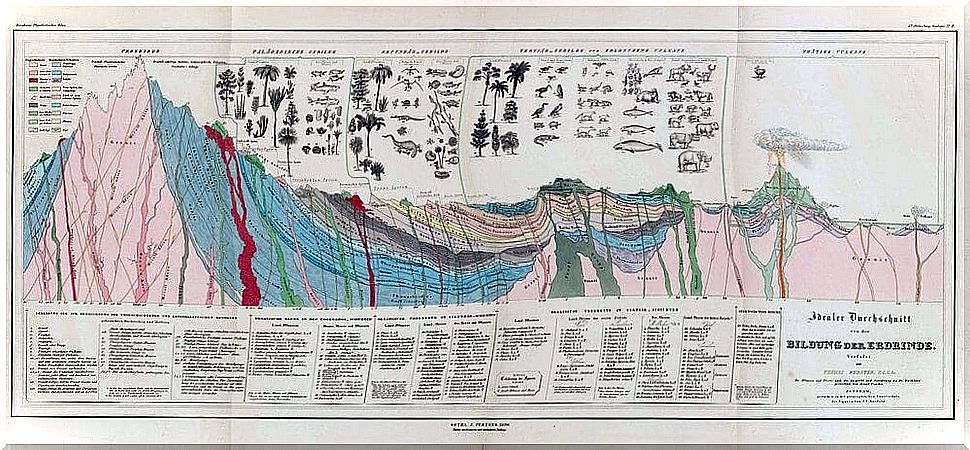
Alexander von Humboldt’s Great American Voyage
Perhaps one of the achievements for which Humboldt would be best known is his research in Latin America. He embarked on a journey whose goal was to ‘discover’ the continent, going through maps and astronomical observation to magnetic and climatic measurements.
Throughout 5 fruitful years, Humboldt travels with his good friend and botanist Aimé Bonpland on what would be the largest exploratory trip in South American territory to date.
But how did Humboldt’s great journey begin? In 1799, Alexander von Humboldt convinced King Carlos IV of Spain to grant him a permit and thus be able to travel to his colonies.
The first stop on the trip was supposed to be Havana, but an outbreak of typhoid fever made it impossible for them to disembark on the island of Cuba. For this reason, the travelers changed course and headed to Venezuela.
Humboldt is one of the most important cartographers of the Venezuelan territory so far. Together with Bonpland and his fellow travelers, he explored the caves, swamps and jungle areas of Venezuela.
After his stay in that country and after a very brief stay in Cuba, Humboldt begins the great walk along the Andes Mountains. This walk would take them many years and would allow Humboldt to reach one of his most relevant conclusions: nature is interconnected.
During his voyages of exploration, Humboldt would conclude that nature is in constant interaction. Animals depend on plants and other animals; the climate depends on the flora and fauna in the same way that they depend on the climate. In a way, Alexander was the first environmentalist.
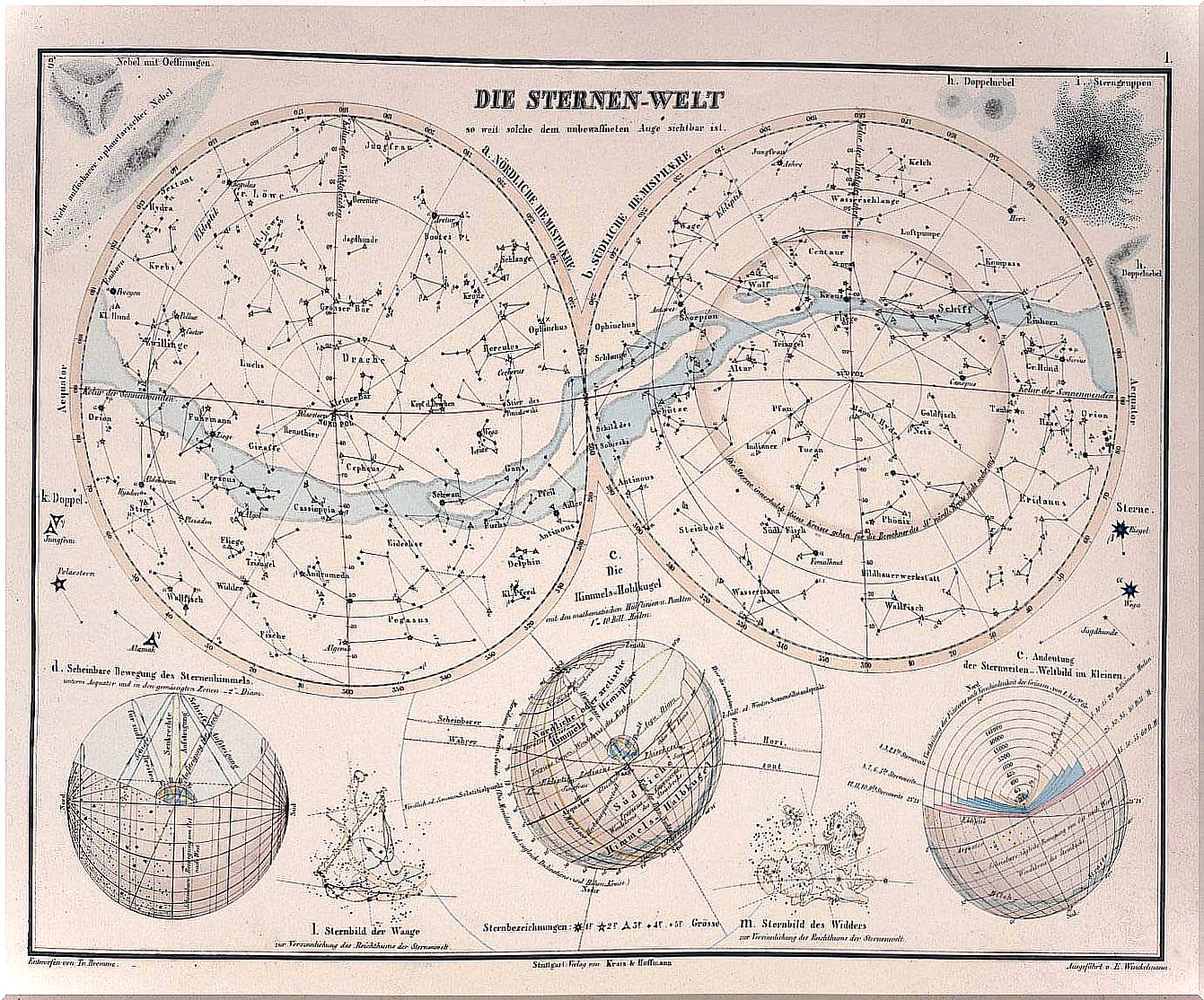
Back to europe
Upon returning to Europe, Humboldt moved to Paris, the city where he lived for more than twenty years. In Paris, he would compile and publish many of the results obtained from his research. He had already collected all the data in Latin America, but the time had come to study them, to dig deeper.
Humboldt would publish numerous articles and books about his findings. His descriptions of flora and fauna made him an emblematic character for the science of the moment.
Soon, Humboldt would be admitted to various academies and select groups of scientists, whether they were biologists, geologists, or botanists. During his stay in Paris, Humboldt would dedicate himself to sponsoring young scientists ; His main motivation was to sponsor young people with potential in the field of science, but who did not have sufficient financial resources. However, Alexander Humboldt was not in the best of financial situations either, having invested even his last savings in his projects.
When he was 56 years old, Alexander’s fortune runs out. Thus, Humboldt is forced to return to Berlin, where, much to his regret, he began to teach the heirs of the Royal House of Prussia.
Humboldt would spend the last 30 years of his life in Berlin teaching and lecturing. There he would write a good part of an encyclopedia called Kosmos , in which he compiled all his research.
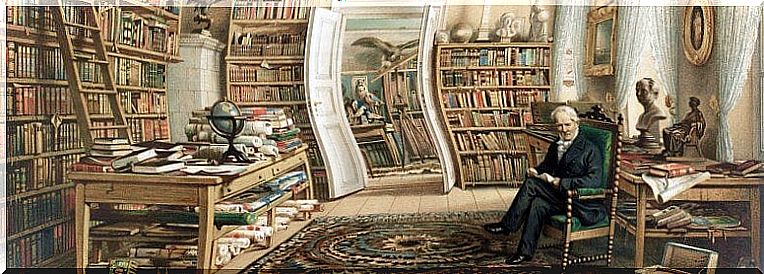
The legacy of genius
Alexander was one of the greatest modern scientists. His research led to significant advancement in areas such as Geology and Physics.
Through his studies, it was possible to discover the Earth’s magnetic field and solar storms. His studies led to a greater understanding in geology and volcanoes. In addition, his discoveries deeply inspired authors such as Charles Darwin, the great geneticist and biologist.
Perhaps one of the most significant contributions to modern science is his deep concern for the environment. In a historical moment in which much of nature was still intact, Alexander was able to see the importance that nature had on the life of man.
Humboldt stated in his works that all natural elements were vital for balanced life on the planet. Already at this time, Humboldt would write about the importance of preserving and safeguarding natural spaces.
This is an incredibly valuable lesson in the modern world. Human life depends on the environment, and modern education must teach us to preserve it. At present, we do nothing but listen to news about climate change, the problems of plastics, the waste we generate …
The human being, for centuries, has not been able to look at his own planet; It seems that the Earth is inexhaustible and it does not matter if you damage or mistreat it because it is eternal. This idea, although it has been demystified countless times, does not seem to have penetrated the population enough.
However, it is incredible to see, from a current perspective, how, already at the time, there were those who dared to look at the Earth with respect, as the home of all.
Humboldt went ahead in time, he managed to discover the importance of caring for our planet, of looking after natural spaces and the flora and fauna that make them up.





